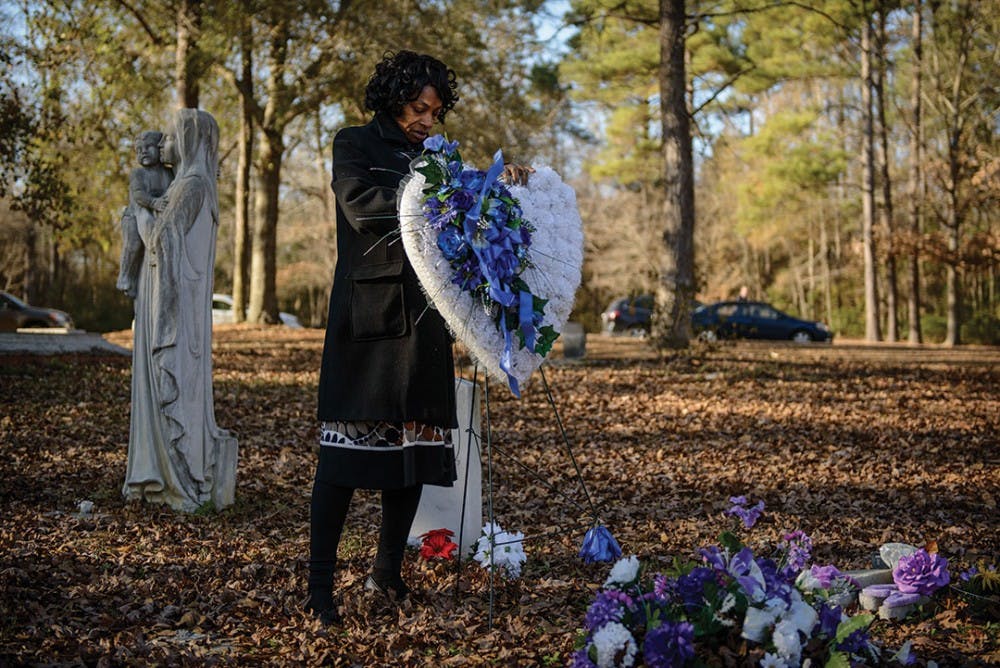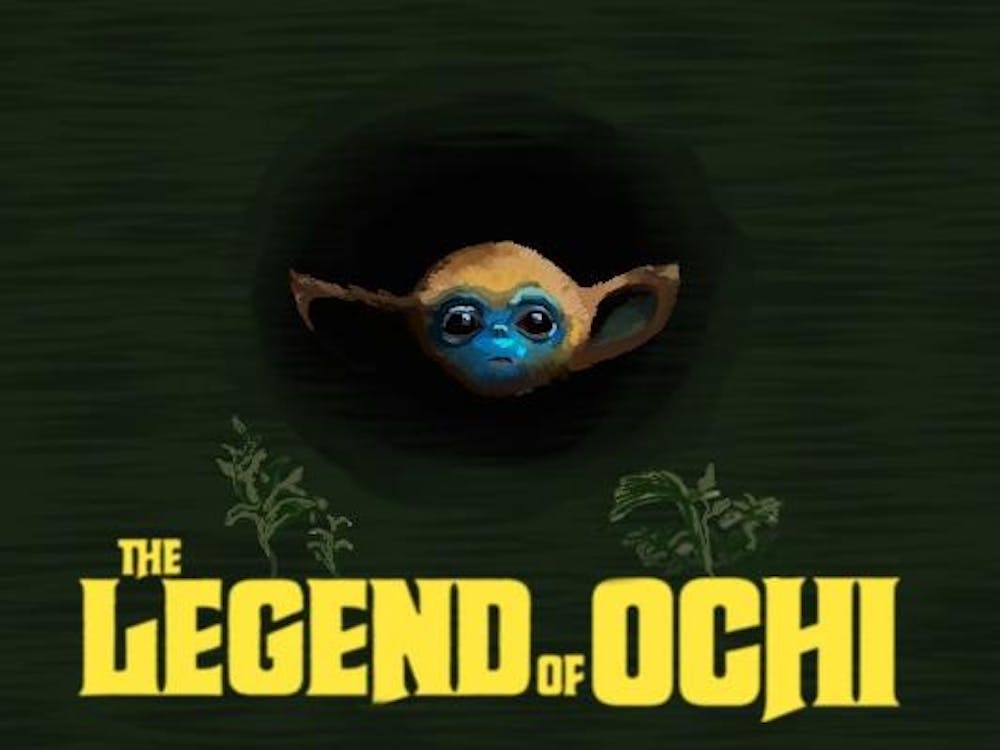The Virginia Film Festival presented the short film "What if Black Boys Were Butterflies" and the documentary "Always in Season" Sunday at the Jefferson School African American Heritage Center. The short film, directed by DaeQuan Collier, portrays the polarizing existence of being a black man in America.
Throughout “What if Black Boys Were Butterflies,” the narrator ponders the idea of a world where black boys can be just that — boys. He wonders what an America where black boys did not have to deal with violence, racism or police brutality would look like. How would such a world look for Trayvon Martin and Michael Brown? The visuals of the film answer these questions. It is a world of unrestrained joy — black boys running in the park, kicking in the sand and dancing. Raw and emotional, "What if Black Boys Were Butterflies," asks audiences to envision an America where black boys possess the freedom to be carefree children, and then contend with this not being a reality.
The feature film, "Always in Season," is a harrowing documentary directed by Jacqueline Olive on the murder of Lennon Lacy and the racist history of lynching in the United States. On Aug. 29, 2014, 17-year-old Lennon Lacy was found hanging from a swing set. A medical examiner ruled his death a suicide. His family suspected foul play. The FBI launched an investigation into his death, determining there was no evidence to pursue charges.
The documentary complicates the narrative of Lacy’s case to underscore that someone murdered him. The film does this in various ways. It examines the interracial relationship Lacy had with an older woman, Michelle Brimhall. The film explores the hostility towards their interracial relationship as a motive behind his murder. Olive also investigates the negligence on the part of those handling and reporting the case. For example, the Lacys had to wait from Friday until Tuesday before they could talk to the police, and there was a failure to properly preserve Lacy’s body for evidential use.
Despite accentuating this complication, "Always in Season" is not an unsolved mystery documentary. Rather, it focuses on the anguish encompassing loss and the horrors of lynching in the United States as the source of this anguish. The film emphasizes this by paralleling Lacy to the Moore's Ford Bridge lynchings and the lynching of Claude Neale. It also explores the annual re-enactment of Moore's Ford Bridge lynching in Monroe, Ga.. This exploration into the re-enactment stresses the need to acknowledge the sordid racist history of the United States or run the risk of repeating it.
The most eye-opening portion of the film comes from the interpolation of lynching photos throughout. These photos reveal the extent to which lynching was a public spectacle in the United States, and as a result, the horrific violence inflicted upon black bodies. In employing these photos, Olive makes a conscious decision to pan in on the faces of the perpetrators.
In a panel following the film, Olive said of this decision, "Often when talking about racial violence or racial justice, we're far more comfortable — if comfortable talking about it at all — focusing on the victim. We're very less likely to start to look at the perpetrators and start to examine what brought them to that moment." The juxtaposition of these images, when paired with scenes of the Lacy family’s mourning, evokes a sense of discomfort, forcing audience members to recognize the gravity of racial violence and its impact.
"Always in Season" exposes viewers to the history of lynching and the chilling effects of racism in America. It is an emotional, infuriating and saddening documentary. However, in the current racial climate of the United States, it is a necessary one.
On having conversations surrounding issues of race, Olive said, "Everything in the mainstream encourages us to push that [feelings of anger, pain and shame] down. To have polite conversation, to not address it. [It is important] that we are showing up for each other for these conversations despite those feelings, and that we acknowledge them, that we feel them, and that we use the energy of it to move through to do the work that's needed." The Virginia Film Festival showing these films is hopefully a starting point to having these conversations and addressing the issue of race in America.







